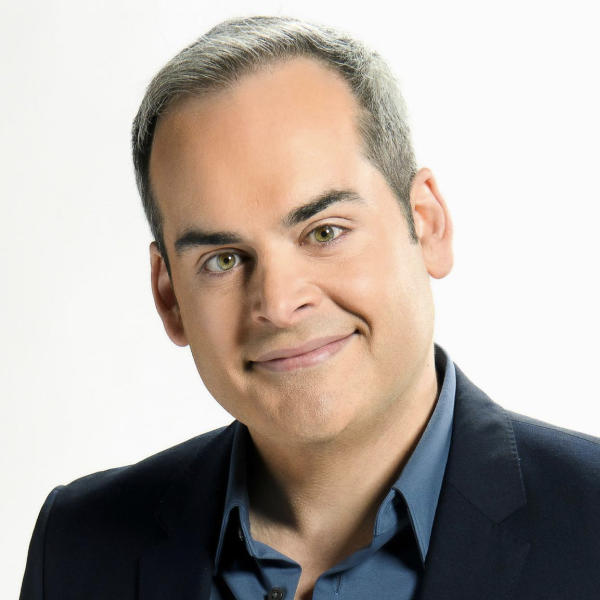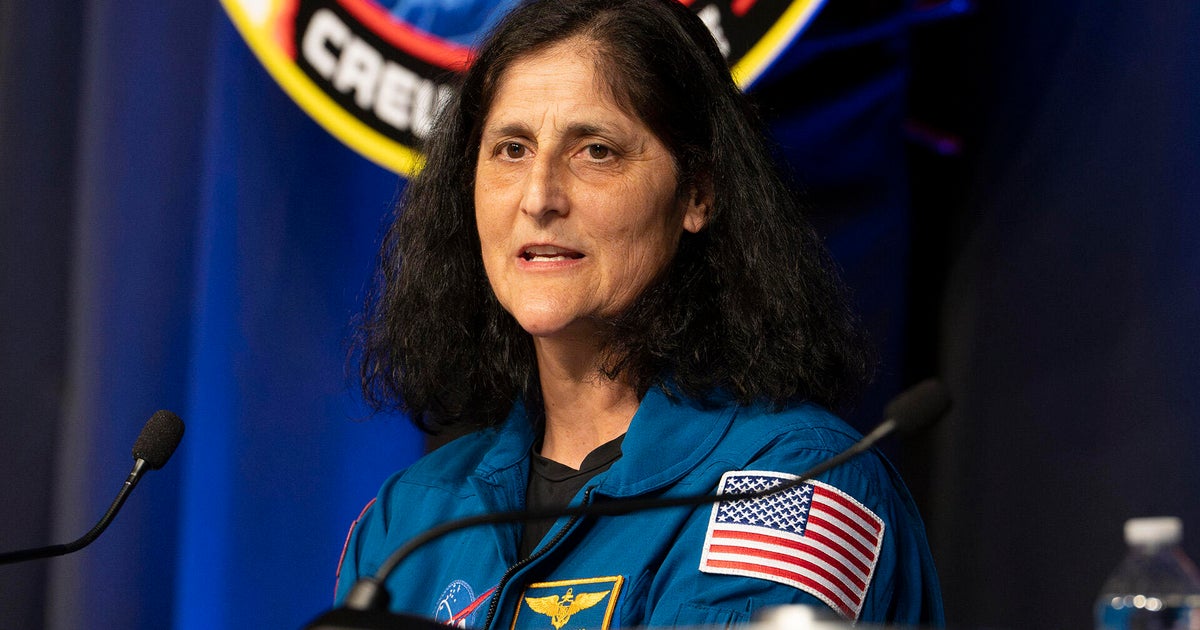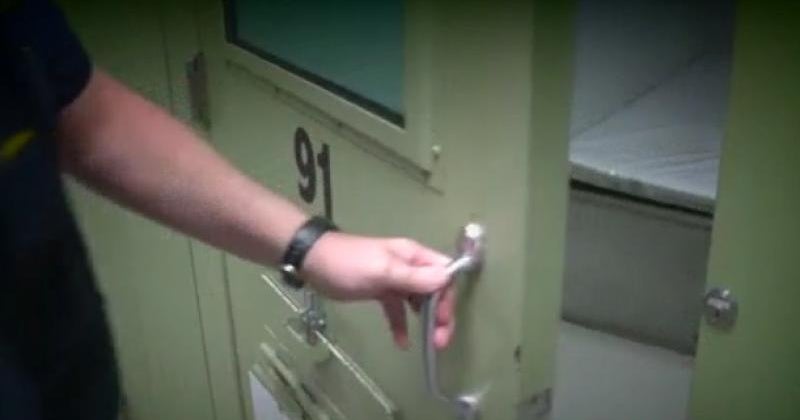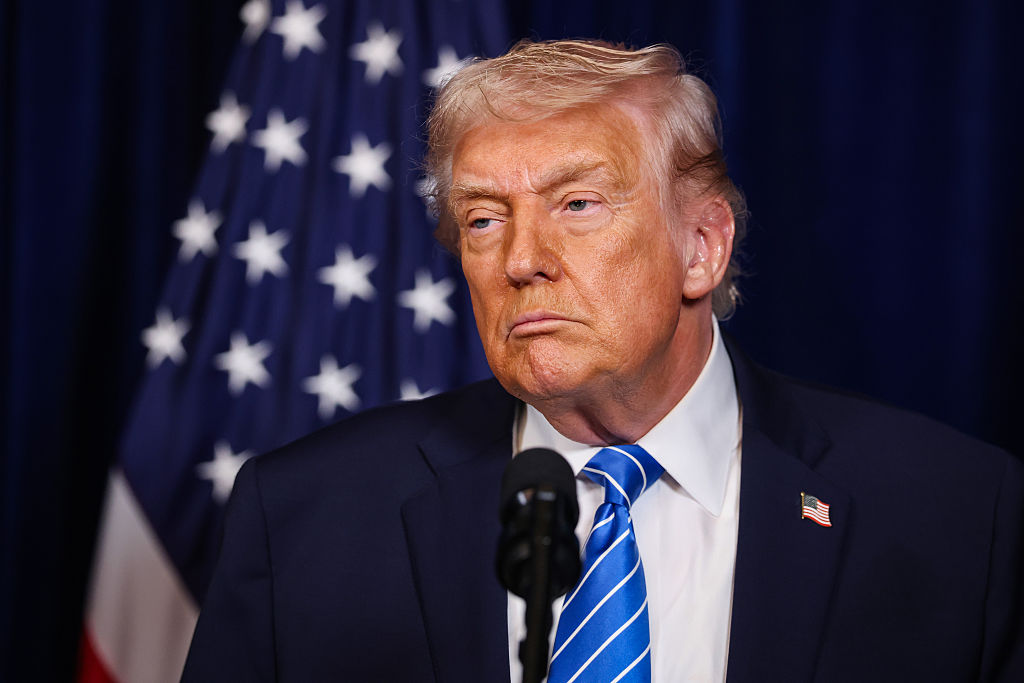Former inmate gets new start as a marathon runner: "He fell but he got back up"
A former inmate qualified for the Boston Marathon in 2019 while running laps in the prison yard. Now, Markelle Taylor is sharing how he was given a new starting line in life in the upcoming documentary "26.2 to Life: The San Quentin Prison Marathon."
Taylor, 49, is gearing up for the Chicago Marathon this fall by running on the streets of California. But for nearly 18 years, he could only dream of that kind of training from his window at San Quentin State Prison.
"I didn't think I would ever get out," Taylor told CBS News lead national correspondent David Begnaud.
He said he physically assaulted his pregnant girlfriend in 2001 and was convicted for the death of his son. Taylor was sentenced to 15 years to life behind bars.
"When she went to the ground, she said, 'I feel like the baby stopped moving.' So the instinct came on again like, 'What the hell did I do? Why did I do this? What the hell is going on?'" he said.
Taylor said it was a life-changing moment for him after being a victim of violence as a young boy.
"We would get abused if the dishes ain't washed, or if the house ain't clean, or if it ain't clean to their specifications, then we would get whooped out of our sleep," Taylor recounted.
He said only his teachers told him they were proud of him. It took going to prison for him to hear words like that again, he said.
Taylor joined the 1,000-mile Running Club, a track team at the prison that's led by volunteer coaches. His speed earned him the nickname "Markelle the Gazelle."
"Every month, we had a race," he said. "I won every one of them except for one."
Taylor told Begnaud he got "an emotional high" when he ran in prison.
"It was also because when I ran, I ran to honor my son. And, it was like that, you know what? You made a mistake, but keep running," he said. "We have faith in you to be a better person."
The faith stemmed from the kindness of coaches like Diana Fitzpatrick.
"You have a choice when you end up at a place like San Quentin," Fitzpatrick told CBS News. "And you can just lay around and let the time go by and wait for something to happen, or you can take control of your life and try to do something with it. And Markelle's someone who really chose to do something with his life."
"I guess I always believed in Markelle and trusted him," she added.
With that support, Taylor did something that's never been done at San Quentin before: He ran a marathon so quickly that he qualified for one of the most renowned races in the world.
A month before the 2019 Boston Marathon, he was released on parole after serving nearly 18 years and was given special permission to race.
"I couldn't really enjoy Boston because I was still, you know, being happy and appreciative of just being free," Taylor said.
This spring, he went back and ran the Boston Marathon again and finished in 2 hours and 52 minutes. He placed in the top 5% of all runners.
"It's now my drug. But it's a positive, good drug that don't hurt people," Taylor said.
He's now living in his own one-bedroom apartment and started cooking again. He was also promoted at the grocery store where he currently works.
His boss told Begnaud she took a chance on someone she now calls a humble warrior.
"I feel like I signed a pledge of being nonviolent," Taylor said. "And I know that not only do I owe it to myself and the people who I victimized in my lifetime, I owe it to all those who are counting on me and people who are looking for me to be a positive influence in their life.
"'What do I look like?' he added. "'What is my tombstone gonna say later when I pass?'"
When asked what he would want his tombstone to say, he responded, "'He fell, but he got up. And he changed the lives of a lot of human beings for the better.'"
"That's why I keep doing it," he added. "And sometimes I have to do stuff like this to continue to validate myself."




